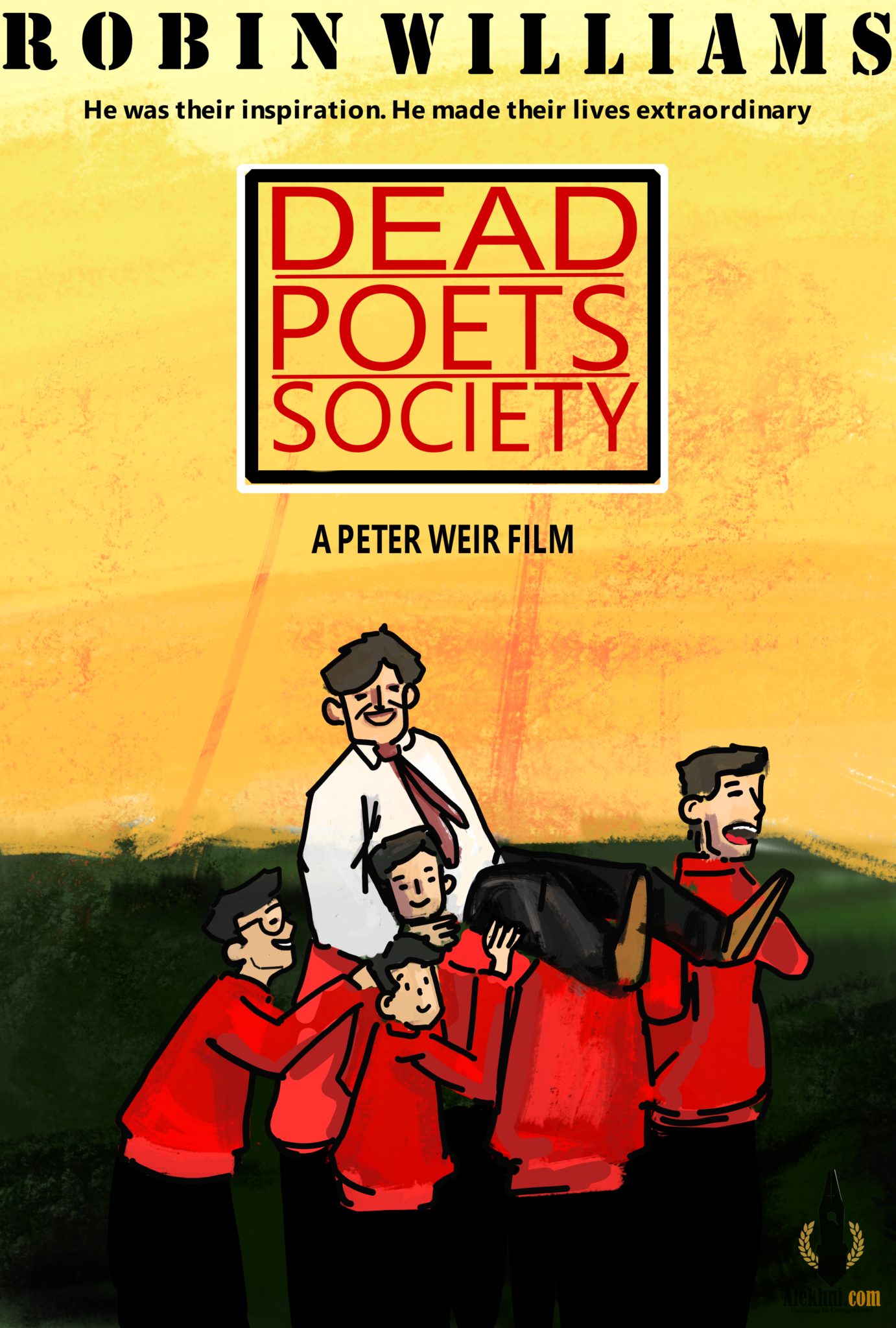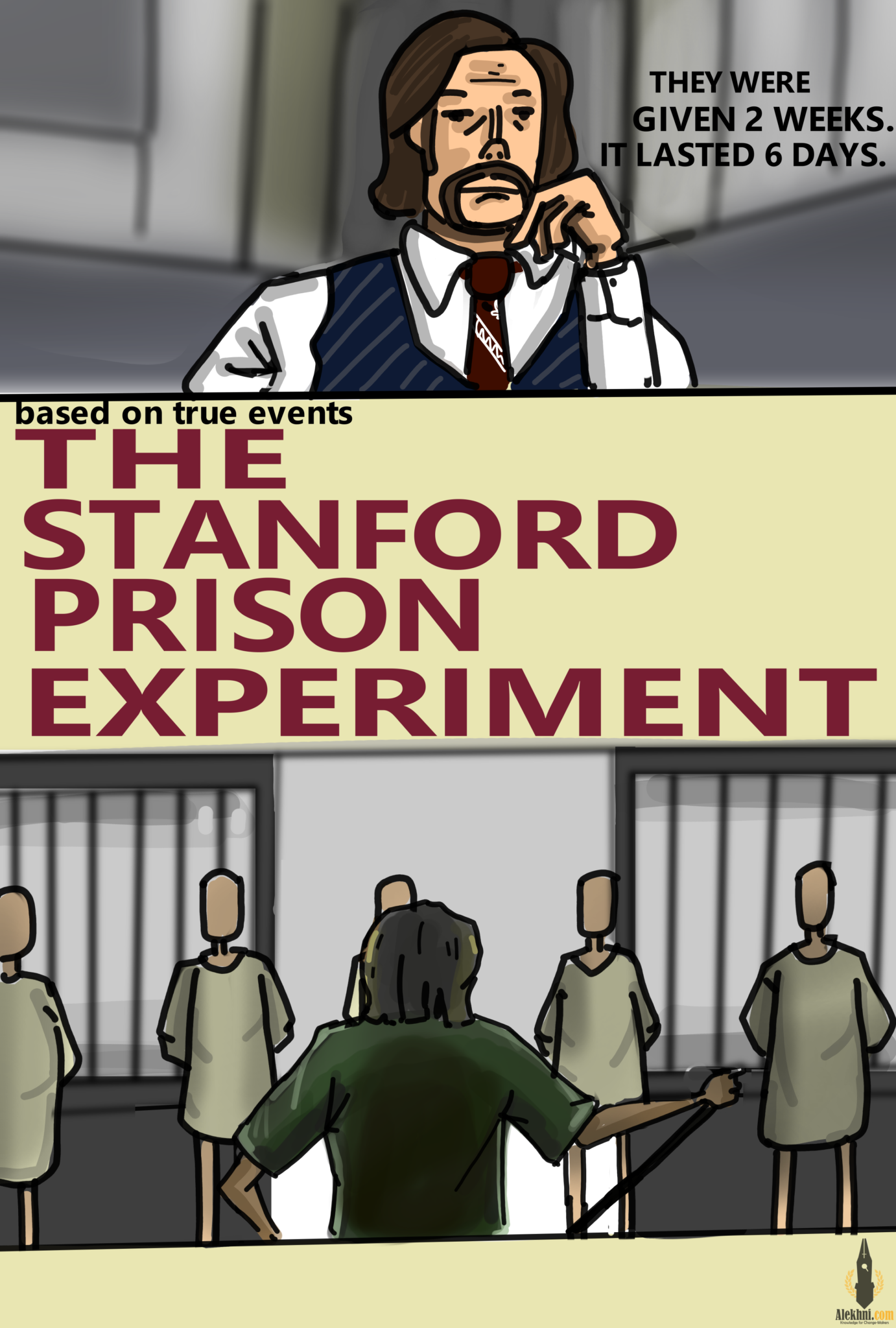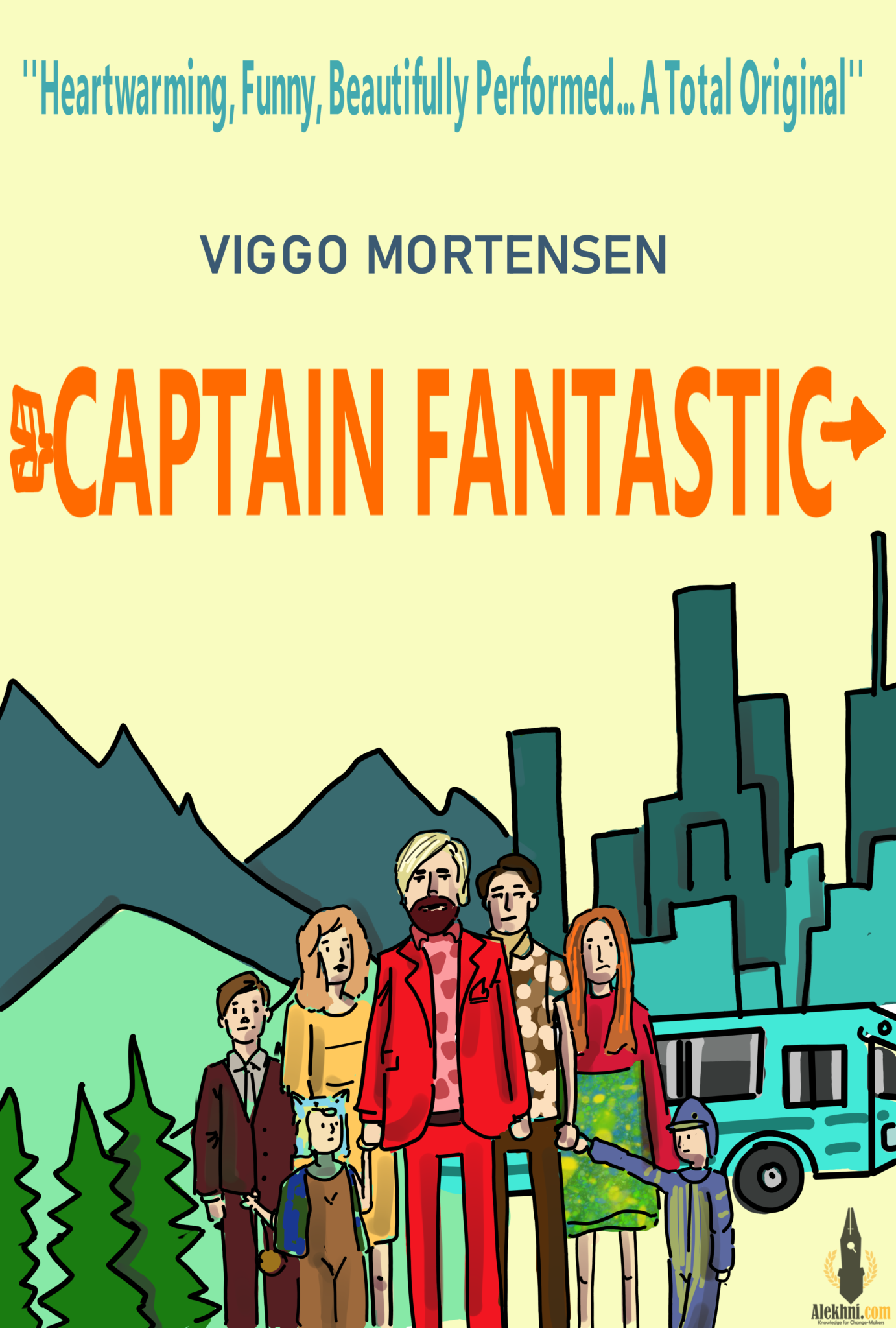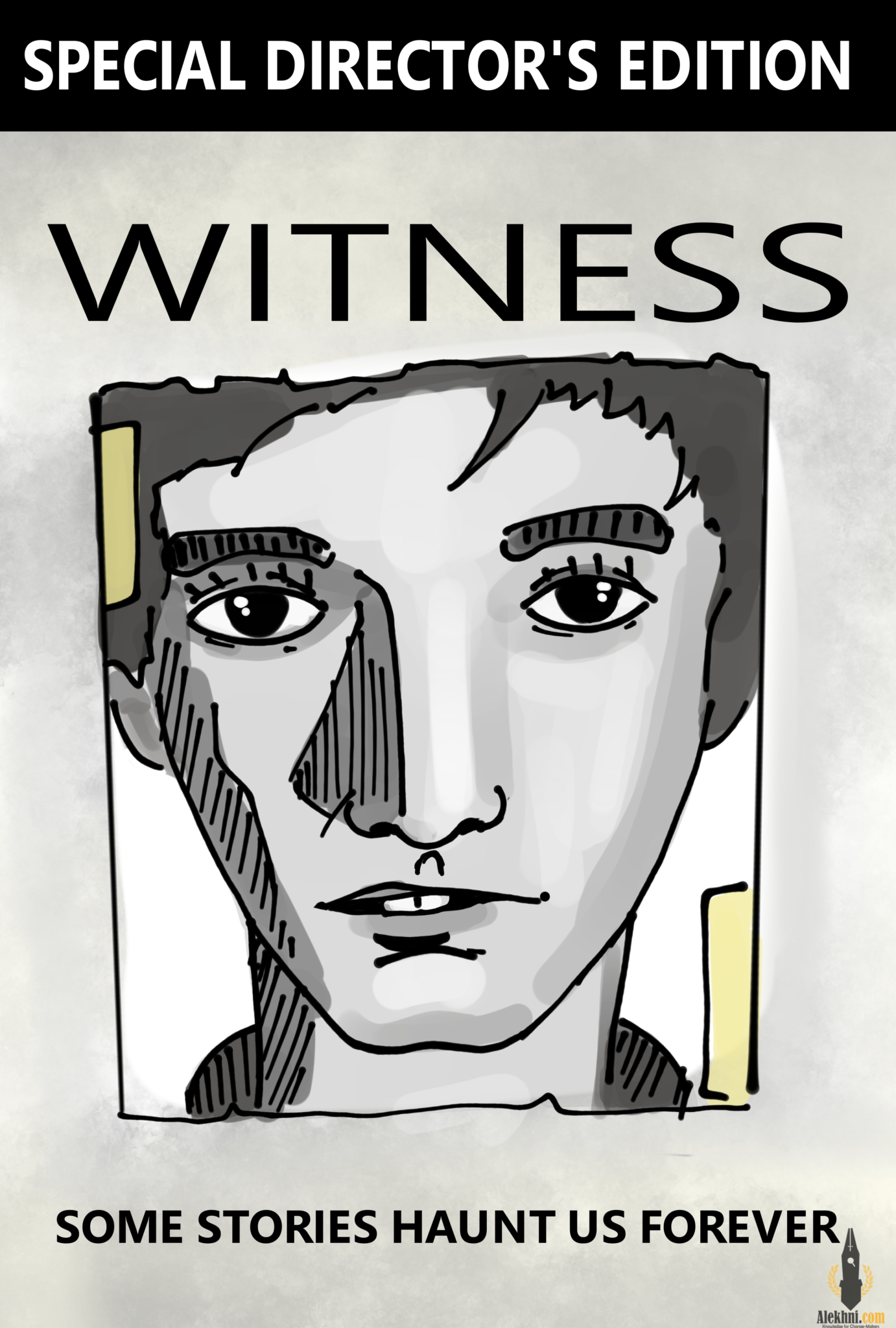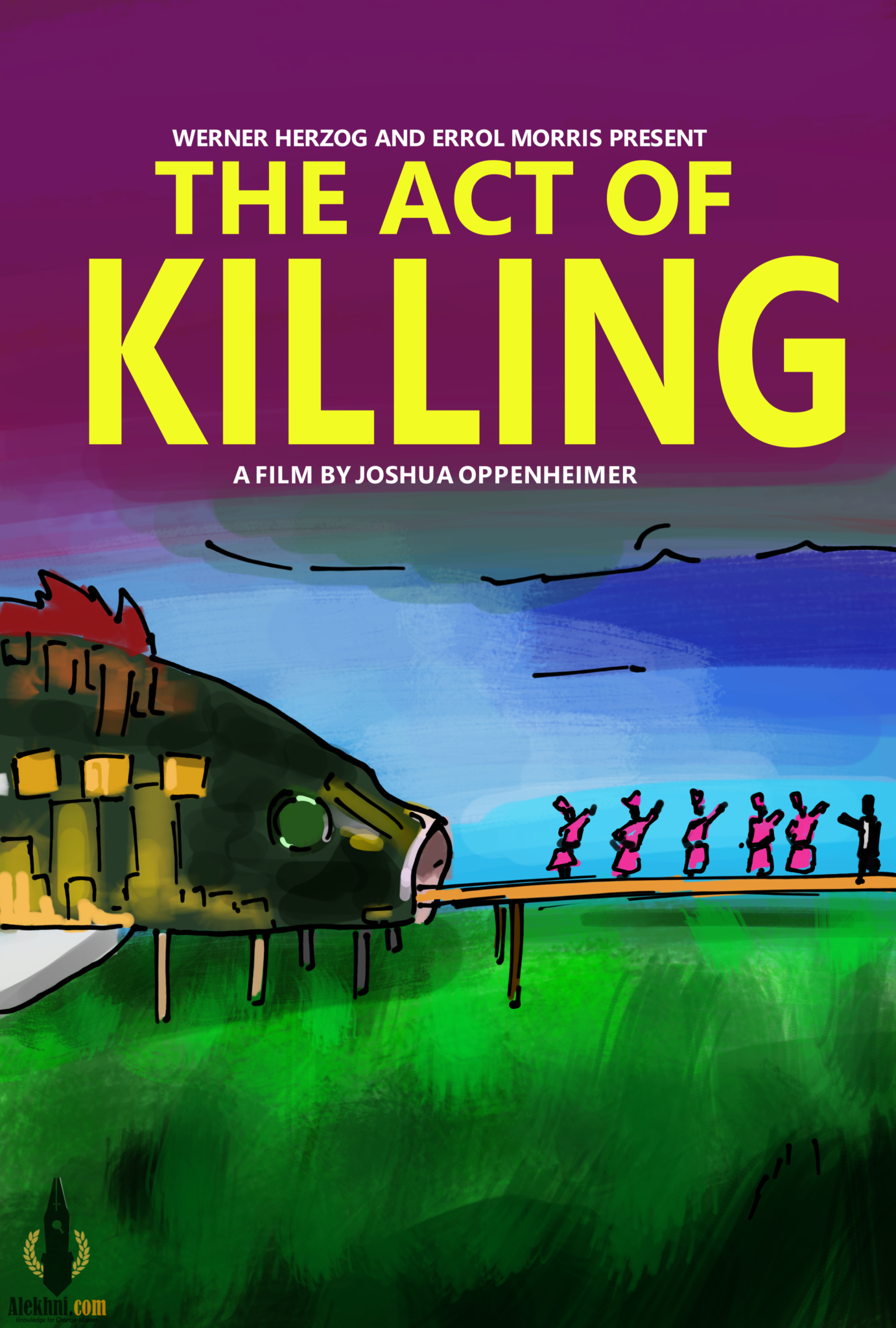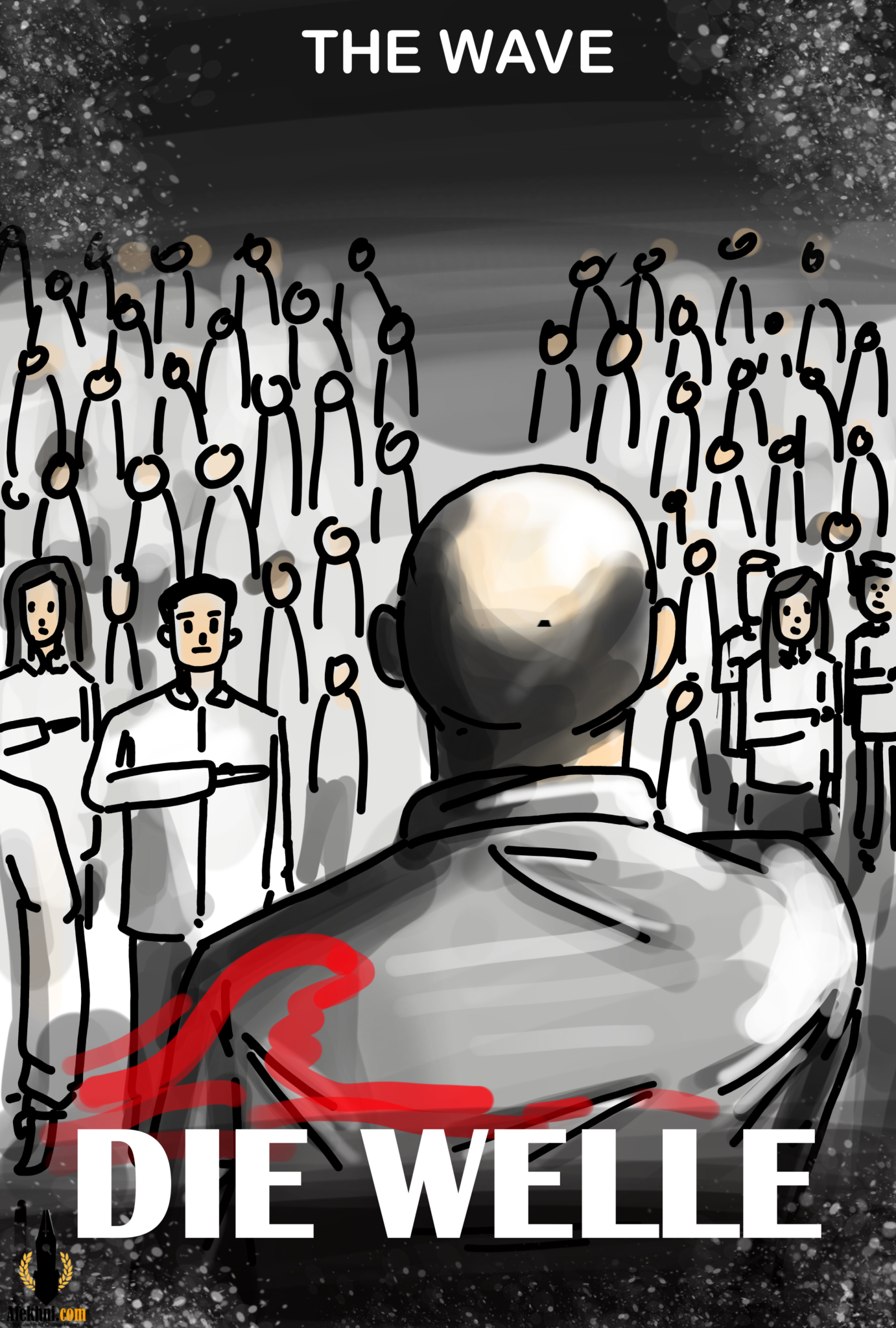
Movies are a great way to learn for visual learners. And they definitely help when it comes to complex subjects like social psychology. Hence, we have compiled a list of the perfect 10 social psychology films for you to watch and learn about social psychology.
We have made sure to cover one movie each for every major social psychology concept. Some of the concepts that these movies cover include; Conformity, Obedience, Authority, Intrinsic and Extrinsic Motivation, Basic Psychological Needs, Everyday Heroism, Deindividuation and Dehumanization, In-Group and Out-Group Behaviors, and more!
The list is arranged in no specific order, so feel free to watch any of these films first or last. So, check out our movie recommendations below and let us know if we could help you, or if you need anything else to be added to this list 🙂
Here You Go:
1. Dead Poets Society
Original Language: English
Release Year: 1989
Run Time: 2 hours 8 Minutes
Director: Peter Weir
Synopsis: John Keating, a joyful but unconventional teacher enters the New England Boys’ Boarding School, where he once was a student. His unique ways of teaching poetry and literature to his students cause some tensions for everyone.
What Do You Learn from the Dead Poets Society?
Dead Poets Society illustrates the important concepts of social psychology such as Conformity, Compliance, and Social Norms. When professor Keating in the film embraces an unconventional teaching approach, he faces social pressure from the majority of the society and from those in authority. When the personal norms of the teacher and his students (minority) have a goal conflict with the norms of the parents and other professors (majority), it is worth watching how he manages to deal with that social pressure with his individual methods and self-concept.
2. The Stanford Prison Experiment
Original Language: English
Release Year: 2015
Run Time: 2 hours 2 Minutes
Director: Kyle Patrick Alvarez
Synopsis: This is one of the most essential social psychology films. It shows on the big screens one of history’s most unethically conducted experiments. Philip Zimbardo gets two groups and normal college students and assigns them the title or prisoners and jailers based on a coin-toss. However, the psychologists got deeper insights into human behavior when the jailers got violent and the experiment had to be stopped mid-way.
What Do You Learn from the Stanford Prison Experiment?
This film is the perfect depiction of Philip Zimbardo’s Stanford Prison Experiment. In Zimbardo’s words, you can learn how normal people turn evil through this experiment. The film shows how Deindividuation and Dehumanization actually work and how people unconsciously turn evil. And how normal people Comply to injustice without questioning the legitimacy of the authority. This film illustrates every important concept about Obedience, Conformity, and Authority.
3. Nothing But The Truth
Original Language: English
Release Year: 2008
Run Time: 1 hour 47 Minutes
Director: Rod Lurie
Synopsis: Based on real life events, the film is inspired by the Valerie Plame scandal, in which the reported Judith Miller did not disclose her source even after pressure from the government. It tells the story of a reporter, who writes a story revealing the identity of a covert CIA operative. She refuses to reveal her source, leading to her imprisonment for contempt of court.
What Do You Learn from Nothing But The Truth?
Nothing But The Truth deals with one of the most important concepts in Social Psychology- Obedience and Defiance. The main character is being forced to Comply by the authority in the film, which is the government. Even though she is Obedient in some cases, she soon becomes Defiant. The changing Proximity between the Authorities and the main character makes her more Defiant. You can learn about the Exhibited Obedience and Exhibited Compliance through this film.
4. Captain Fantastic
Original Language: English
Release Year: 2016
Run Time: 1 hour 58 Minutes
Director: Matt Ross
Synopsis: It’s probably one of the most interesting social psychology films ever made. The story follows Ben Cash, a highly educated but unconventional father who, along with his six children, lives off the grid in the forests of the Pacific Northwest. Ben’s children are home-schooled, physically fit, and trained in survival skills, philosophy, and intellectual pursuits. They have a lifestyle that contrasts sharply with mainstream society’s norms.
What Do You Learn from Captain Fantastic?
Captain Fantastic will help you understand why people Comply. It is a film mainly dealing with Social Validation, Compliance to the Authority, and other Social and Personal Norms. You can learn how and why people comply because of different reasons- sometimes because of Love, others because of Scarcity, Fear, Social Validation, and so on.
5. The Witness
Original Language: English
Release Year: 2015
Run Time: 89 Minutes
Director: James Solomon
Synopsis: The Witness is a documentary film, which explores the notorious 1964 murder of Kitty Genovese in New York City, a case that became infamous for the bystander effect, as it was initially reported that many witnesses did nothing to help her. The film delves into the investigation and the efforts of Kitty Genovese’s brother, Bill Genovese, to uncover the truth about his sister’s murder.
What Do You Learn from the Witness?
The Witness is one of the documentaries showing the Bystander Effect or Bystander Apathy. You might have noticed how quite often people don’t help the victims and just become Spectators of the crime or tragedy, this is called the Bystander Effect. In this documentary, you can get a lot of explanations as to what actually happened to the victim but Bystander Apathy cannot be ruled out.
6. The Act of Killing
Original Language: Indonesian
Release Year: 2012-13
Run Time: 2 hours 2 Minutes
Director: Joshua Oppenheimer
Synopsis: This social psychology film explores the 1965 Indonesian mass killings and the legacy of violence that followed. The film primarily focuses on a group of former Indonesian paramilitary leaders and death squad members who were responsible for the mass killings. These individuals are given the opportunity to reenact their crimes in various cinematic genres, including gangster films, musicals, and Westerns. They recreate the events and portray themselves and their victims, confronting their past actions in a unique and disturbing way.
What Do You Learn from The Act of Killing?
You can learn how normal people turn evil and how Dehumanization and Deindividuation look at a mass level. And how powerful governments and people in authority exploit social psychology as per their interests.
7. Article 15
Original Language: Hindi/ Urdu
Release Year: 2019
Run Time: 2 hours 50 Minutes
Director: Anubhav Sinha
Synopsis: Article 15 is a 2019 Indian crime drama film. The film is inspired by true events and is set against the backdrop of rural India. It addresses the issue of caste-based discrimination, a deeply ingrained social problem that continues to affect many parts of the country. A newly posted police officer has to deal with the reality of discrimination and out- dated social identities leading to violence and crime.
What Do You Learn from Article 15?
Article 15 almost introduces you to every concept in social psychology. You can watch how Social Identities operate in rural communities and how Dehumanization and Deindividuation are caused as a result of social norms. You can also observe the Bystander Effect in this movie, as no one is ready to take any action despite seeing the victims suffering. And lastly, there is Everyday Heroism of Philip Zimbardo shown here as well by the police officer and his allies.
8. Die Welle (The Wave)
Original Language: German
Release Year: 2008
Run Time: 1 hour 47 Minutes
Director: Dennis Gansel
Synopsis: Die Welle (English title: The Wave) is a film based on a real-life social experiment conducted by Ron Jones, a high school teacher in California in the late 1960s, which explored the dynamics of group behavior and the rise of authoritarianism.
What Do You Learn from Die Welle (The Wave)?
The professor in the film Die Welle demonstrates how Social Identities are formed and how people have a different In-Group and Out-Group Behavior. The way he creates a community that follows everything he says as the authority is quite similar to the way many people during the WW2 followed the orders from their leaders like Adolf Hitler blindly. It is a movie to watch to realize how much social identities control people.
9. Imagine a School... Summerhill
Original Language: English
Release Year: 2008
Run Time: 1 hour 49 Minutes
Director: Jon East
Synopsis: Summerhill is a feature-length documentary film about England’s Summerhill, an independent school, where the children take all their decisions. They decide whether to attend the classes or not, and everything else! When the British Government plans on closing the school, the students defend themselves in the court.
What Do You Learn from Summerhill?
Summerhill is the perfect film to learn about the self-determination theory. It illustrates how creating an environment fulfilling the basic psychological needs of people- autonomy, competence, and relatedness, motivates them intrinsically. There is no need of an authority or management- it becomes an automated system, where people take care of everything themselves without any orders. In the school Summerhill, those perfect conditions are created and it is a real-life example to learn the concept of self-determination theory in social psychology!
10. American Beauty
Original Language: English
Release Year: 1999
Run Time: 2 hours 2 Minutes
Director: Sam Mendes
Synopsis: American Beauty is an American drama film known for its dark humor, social commentary, and exploration of suburban American life. Lester, a middle-aged man feels trapped in his mundane and unfulfilling life. However, his life takes an unexpected turn when he becomes infatuated with his daughter’s best friend, Angela.
What Do You Learn from the American Beauty?
American Beauty is a film that can guide you through the facets of Everyday Heroism in Social Psychology, a concept, which was termed by Philip Zimbardo.
The film challenges conventional norms and notions of beauty and success. Angela, who is conventionally attractive, reveals herself to be insecure and struggling with her own issues. Through his relationship with her, Lester begins to question the shallow values of his society and his own pursuit of material success.
We hope our article could help you in finding your next movie to watch. For more such movies navigate to our Alekhni Movies Category. And if you would like to us to write an article on another topic or subject, let us know at [email protected] or by navigating to our Contact Us Page. We are always excited to write on the topics suggested by our readers.


